Reputed Owner in Construction
You haven't necessarily lost your mechanic's lien rights if you served the preliminary notice to the wrong owner
By Diane Dennis with help from David J Barnier
When filling in various construction documents such as the Preliminary Notice forms you'll see something along the lines of:
- (or reputed)
- (or reputed owner)
- (reputed)
You're not being asked for the Owner's reputation ;o) - you're being asked for the name of the person/entity that you believe to be the owner.
The general/direct contractor is *not* necessarily required to provide the owner information
Some day you may run across a general/direct who gets upset when you want to do a preliminary notice on his project. It seems to be more of an issue for the smaller GC's/DC's than the larger ones.
At one time contractors weren't required to provide you with the information for preliminary notices (the owner, the lender, any other interested parties) - and therefore the information they provided wasn't always accurate or they just plain didn't provide it even when requested to do so.
Contractors have issues with you prelim'ing their jobs
Contractors sometimes feel 'threatened' by preliminary notices - some are offended that you would question their honesty and/or some are worried about their customers thinking that liens are suddenly being filed on their property.
The contractor has to explain to the owner that even though it may look like it to the owner, the subcontractors are not filing liens on the owner's property.
He'd have to explain that the notice means simply that the contractor is reserving his rights to file a mechanic's lien.
Then he'd have to explain *why* the subcontractors were reserving their rights to file a lien - and *that's* where the rub lies.
He has to explain that the
reason the subcontractor would file a lien would be if the general
contractor didn't pay his subcontractors after his customer, the owner,
paid him or the other possibility that the owner doesn't pay the bill.
What contractor wants to say *that* to his customer?
Don't do a preliminary notice on the project
Pfft ... Yeah right!! Always, always, always do the preliminary notice for every project you work on.
It wasn't uncommon for a general/direct contractor to ask his subcontractors to *not* prelim a job with the reason being that his customer didn't understand the paperwork.
It also wasn't unheard of for the
general/direct to 'accidentally' provide the incorrect information to
the subcontractor when the sub asked for it.
Been there/done [& experienced] that...
But because there weren't any provisions in the law for the general/direct contractor to provide the information it didn't provide any type of defense whatsoever for subcontractors.
We almost got tricked
I filled in a preliminary notice with the owner information given to me by the general contractor (they gave it to me only after I asked them for it) but for some reason something was bothering me about it.
We had been working for this general/direct contractor for years and never had a problem with them so I didn't know why I had a weird feeling - but I did.
I decided to do some research such as checking the county's property records, checking with title companies, etc.
Imagine my surprise when it turned out there were FIVE(!!) owners on this property even though the general gave us only one name. And on top of that the name that they gave to us as the owner wasn't even one of the five listed in the ownership records!
It also turned out that the management of the construction company had changed,
which no doubt had something to do with the sudden dishonesty from the company.
Prior to that experience I really hadn't done a lot of research of the information for my prelims, I just believed the information provided by the general.
No doubt we weren't the only subcontractors that happened to and also no doubt experiences like that had something to do with the fact that the law was changed and now says...
The general/direct *is* required to provide the information about the owner to you when, and if, you request it
Don't expect that the contractor will automatically be forthcoming with the information just because it's the law now - you may still need to request it.
That's not the case with every contractor though.
There are many that'll automatically include a document with the contract that has that information - and as the stigma surrounding preliminary notices continues to weaken I hope that even more contractors will start doing so.
But for the time being...
Put your request in writing
With it in writing you have proof, should you need it at a later date, that you did indeed request the information from the contractor.
If you're concerned about 'attitude' from the general/direct then include the following information in your request:
CALIFORNIA CIVIL CODE
DIVISION 4. GENERAL PROVISIONS [3274-9566]
PART 6. WORKS OF IMPROVEMENT [8160-8848]
CHAPTER 2. Preliminary Notice [8200-8216]8208. A direct contractor shall make available to any person seeking to give preliminary notice the following information:
(a) The name and address of the owner.
(b) The name and address of the construction lender if any.
* Please note that whether you request the information or not and whether the contractor provides it or not, you are still required to do the prelim to have lien rights.
The general/direct may or may not get in trouble for not providing the information to you but regardless, without a preliminary notice you will *not* have lien rights.
Reasonable research of the reputed owner
Subcontractors have written to me and/or my attorney in a panic thinking they'd lost their lien rights because they found out that they had prelim'd the wrong owner.
When the word "reputed" is used in conjunction with "owner" it usually means that the claimant (the person/entity that the prelim is being served for) need only make a *reasonable* inquiry into who the owner is.
Fortunately, assuming that the subcontractor *reasonably researched* the ownership of the property (and can prove it) and served his Preliminary Notice on the reputed owner (meaning he served it on the party/parties whom he believed to be the owner(s) of the property based on his research), then there's a much better chance that his preliminary notice will be accepted and deemed valid by the judge should he have to file and eventually enforce a mechanic's lien due to non-payment.
This is the same whether it's the owner not paying the general/direct contractor or the general/direct contractor not paying you.
The key question is whether the claimant did actually make a reasonable inquiry into the owner's identity
If the claimant did conduct reasonable research before processing his preliminary notice, then he served the reputed owner of the property (the person he genuinely believes to be the owner of the property) as required by California's prelim law.
Just keep in mind that judges have a lot of leeway with stuff like this and you could end up with one that interprets the law differently.
Requesting a job information sheet from the General/Direct Contractor and serving the folks listed on that sheet likely qualifies as "reasonable research" but there's always the possibility that it won't.
Another possibility would be to have the general/direct write the names and address info, of the entities that you have to prelim, right into the contract. That way you've got solid proof that the information was provided to you by the contractor.
It would also probably be wise to make a record of any
conversations with the general/direct that had anything to do with the name of the owner(s).
DON'T actually record the conversation as that's typically illegal without full consent from all participants; instead you should make and keep a written record of what the conversations consisted of. You might even follow up with an email to the contractor that recaps any conversations that you have.
With all of this information at hand you'll be prepared to show that you made a reasonable inquiry as to the true owner(s) of the property.
Aggressively research the reputed owner
No matter what, on top of all precautions that you take, even though the law doesn't require it the claimant should ALWAYS aggressively investigate who the owner of a property is.
It's always best to prelim the correct parties in the first place because...
If the actual true owner is served to begin with, there's never a need to hire an attorney to make the argument that the prelim is still valid despite having been served on the reputed owner instead of the actual owner.
Said otherwise, the law protects you if you prelim the wrong person based upon a reasonable inquiry (although "reasonable inquiry" is open to interpretation by individual judges) but in case of a conflict you'll have to pay an attorney to prove that you're in the right.
If you aggressively research and make sure that you name the owner correctly, there's no need for that attorney.
DON'T 'revise and re-Serve' a preliminary notice if served to the wrong person
If the claimant has served his preliminary notice and then discovers that there's at least one Owner that wasn't served, in most situations he should not 'revise and re-serve' the notice.
If you learn new information regarding ownership on a property that you've already prelim'd I strongly recommend that you consult with a construction attorney about the best strategy to follow.
Because the actual owner will argue that the newly served prelim trumps the original prelim.
The problem?
The date on the prelim. By 'revising and re-serving' your prelim you could be considered as having done your prelim too late; you could end up costing yourself some lien rights.
A letter to the true owner with a copy of the original prelim might be a good idea. Include the law that states that only the reputed owner has to be named and explain your steps regarding your inquiry into the owner of the property.
But not sending a letter doesn't have any effect on the prelim notice. It's just a courtesy that you can provide if you wish.
---
Thank you to California construction attorney David J. Barnier for his help in putting this article together.
Article Series: Preliminary Lien Law
|
California 20-Day Preliminary Lien Notices
Construction-Business-Forms.com |
Preliminary Notices and Conflicting Addresses
If the address on the Grant Deed is
different than the address on the prelim information given to us by the
General Contractor, who do we send it to?
Nevada Notice of Right to Lien & Request for Notice of Completion
The Who, What, When, Where, Why, and How - not necessarily in that order :o)
The California Preliminary Notice Covers Up to 20 Days Back
Just because you missed the deadline doesn't mean that all is lost!
Preliminary Lien Notice Research
A preliminary lien notice won't do you any good if they don't go to the correct entities.
California preliminary notice, Supplier didn't do one...
Unfortunately, a prelim is required to file a lien, even if you're a supplier.
Arizona Preliminary Liens
Arizona requires preliminary liens prior to mechanic's liens.
General Contractor Was Paid But He Won't Pay Sub
What should you do? Do you still have lien rights?
California mechanic's lien laws, preliminary notices, and change orders
Do you have to do a preliminary notice for change orders?
California Preliminary Notice & Architectural Fees
I am an architect who is having difficulty with the final payment of fees...
When a Preliminary Lien Notice is Refused
Did someone refuse your preliminary lien notice?
Preliminary Liens When There's More Than One Location
The potential ramifications of using one preliminary notice for several locations when they're all under the same contract
|
California 20-Day Preliminary Lien Notice
Construction-Business-Forms.com |
Preliminary Notices and Dollar Amounts
Make sure the $ amount on the prelim is as accurate as possible
Preliminary Liens and Non-Responsibility
Why you should serve the owner with a prelim even if he posts a notice of non-responsibility
Preliminary Notices and Signatures
Can the signature on a preliminary notice be a copy/fax or must it be 'wet'/original?
Amending a Preliminary Lien Notice
Is it better to amend the notice, or issue a new one?
|
California 20-Day Preliminary Notices
Construction-Business-Forms.com |
Serving the Wrong Party
When working in Arizona be sure to timely serve the preliminary notice *to the correct parties* or there could be trouble
Getting 'Stiffed' on the Job
Preliminary liens can help save you from being 'stiffed' on the job!
Property Records are your Friend
Research property records when doing your preliminary notices
Outsourcing your Preliminary Liens
Thoughts about using a company that handles your preliminary notices for you
Preliminary Liens - a detailed, step-by-step outline
A detailed step-by-step explanation of how to process preliminary notices
Preliminary Liens
Tracking the paperwork, the proof of service, and the USPS documents for prelims
|
California 20-Day Preliminary Lien Notices
Construction-Business-Forms.com |
Preliminary Liens and Notifying the Correct Parties
Make sure your prelims go to the correct entities
Mishandling of, or Not Processing, Preliminary Liens
Mishandling of, or not processing, preliminary liens is one of the top 10 mistakes contractors make
At one time the California preliminary notice form was mandated by California to be titled "20-Day
Preliminary Notice Form" (exactly, word for word). The California mandate has since changed and
the form is now known as the "Preliminary Notice Form" (again, exactly, word for word). Make sure what your state requires and make sure your forms are valid.


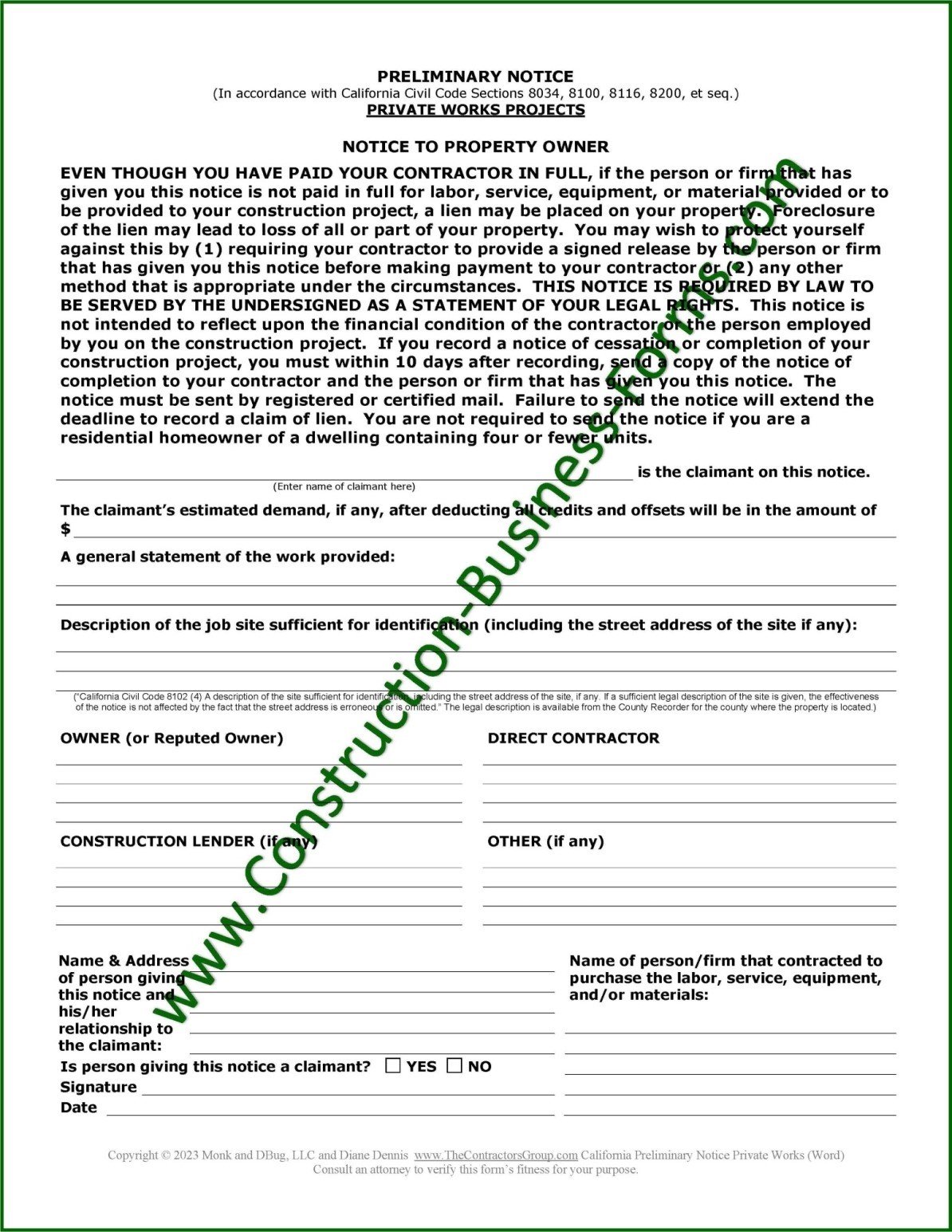
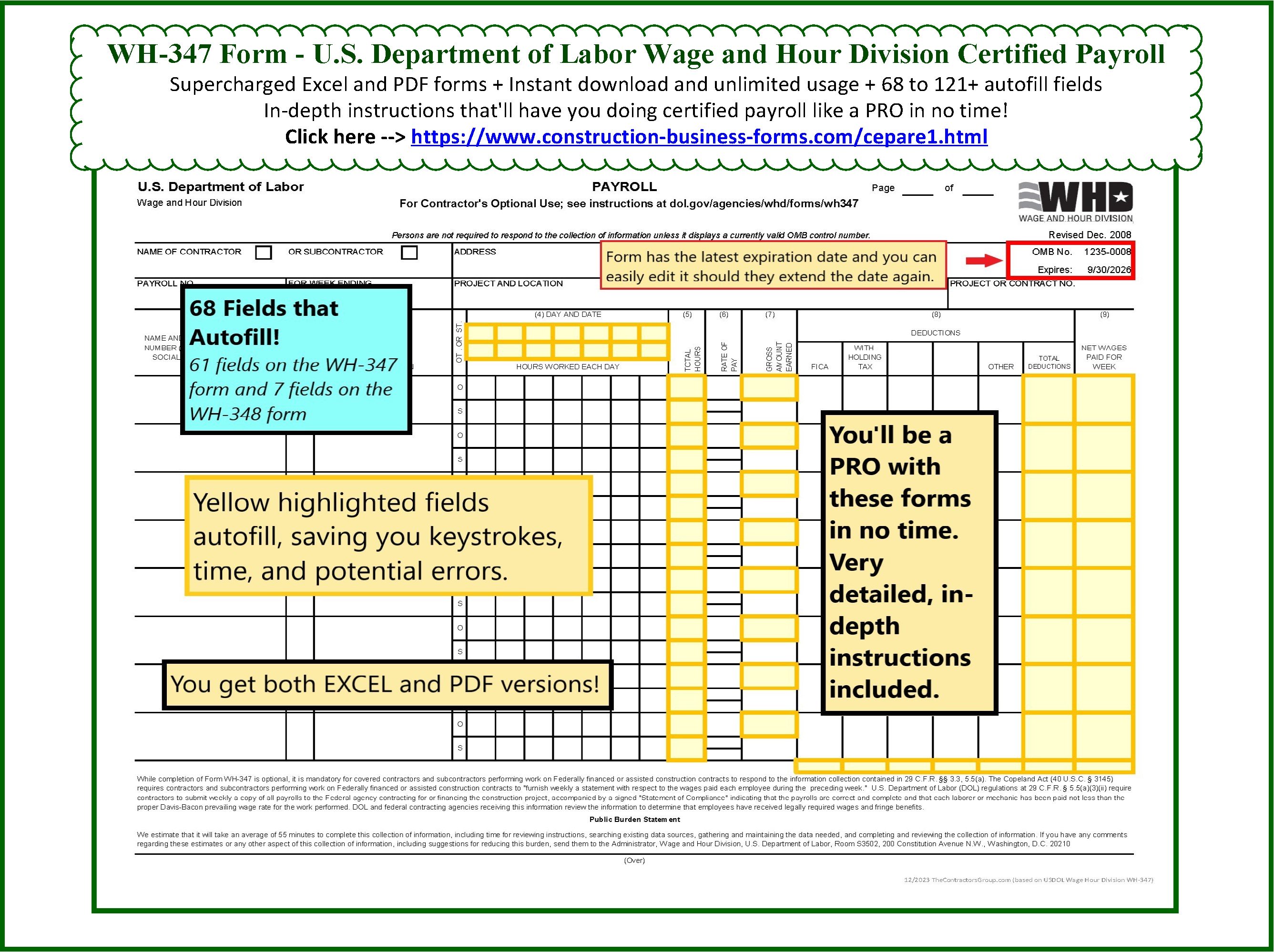
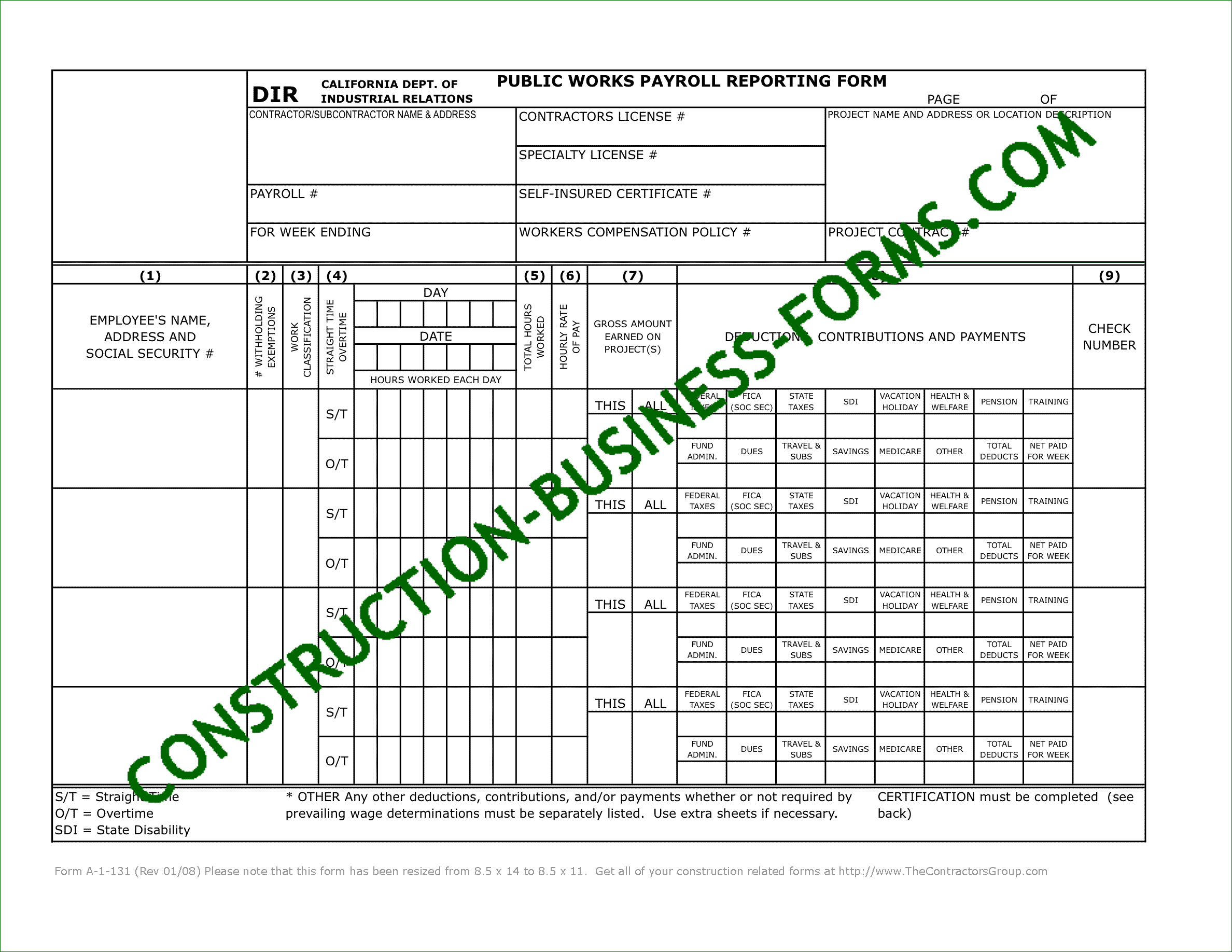
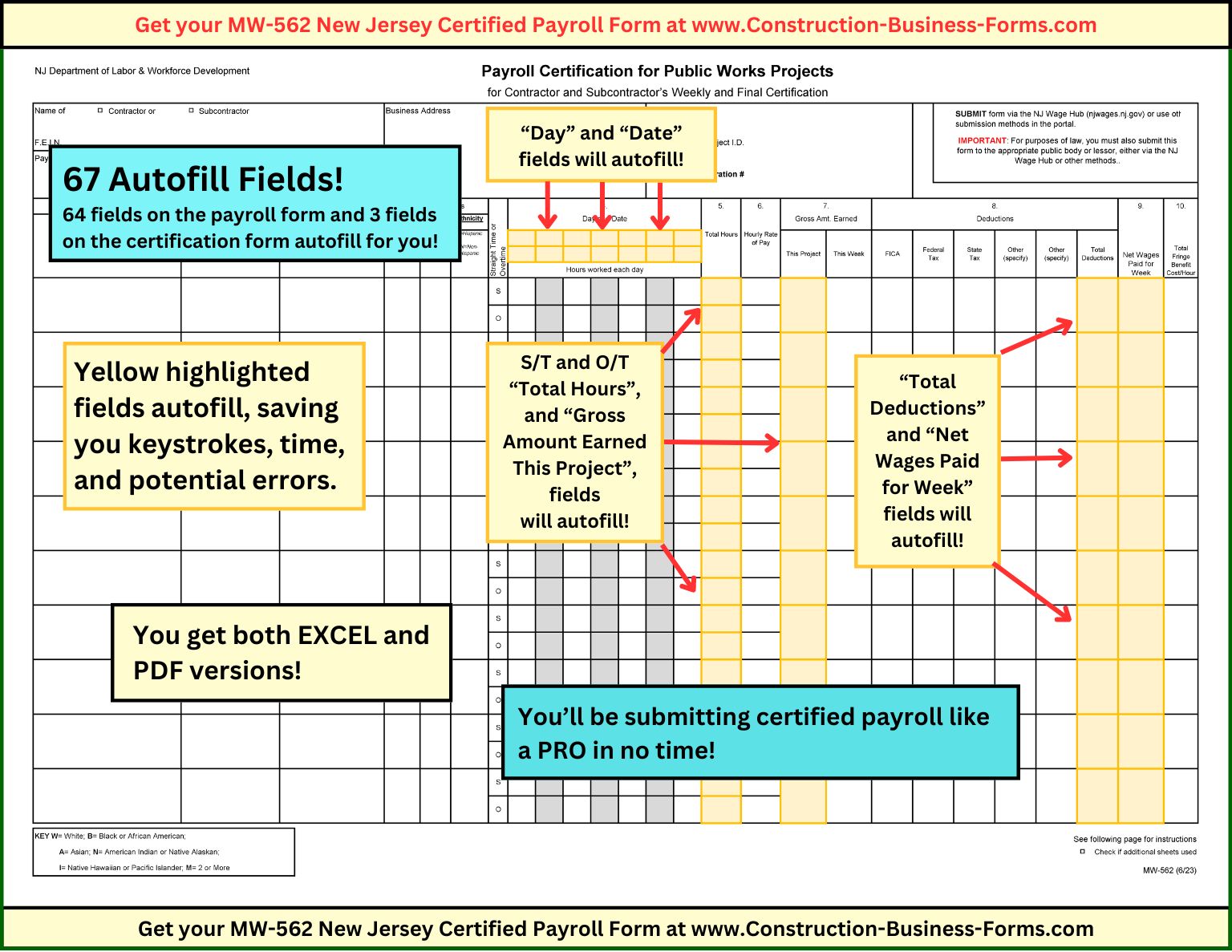

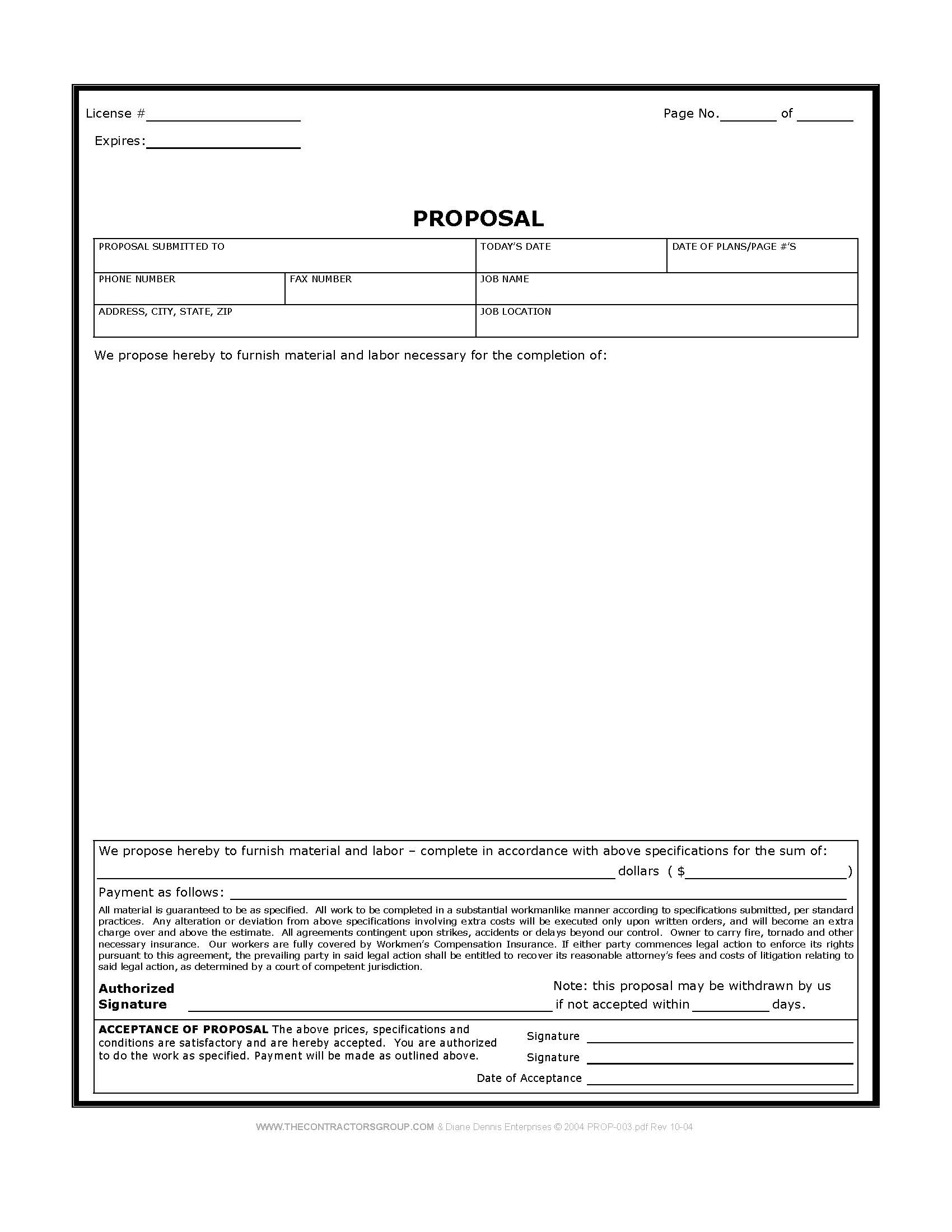
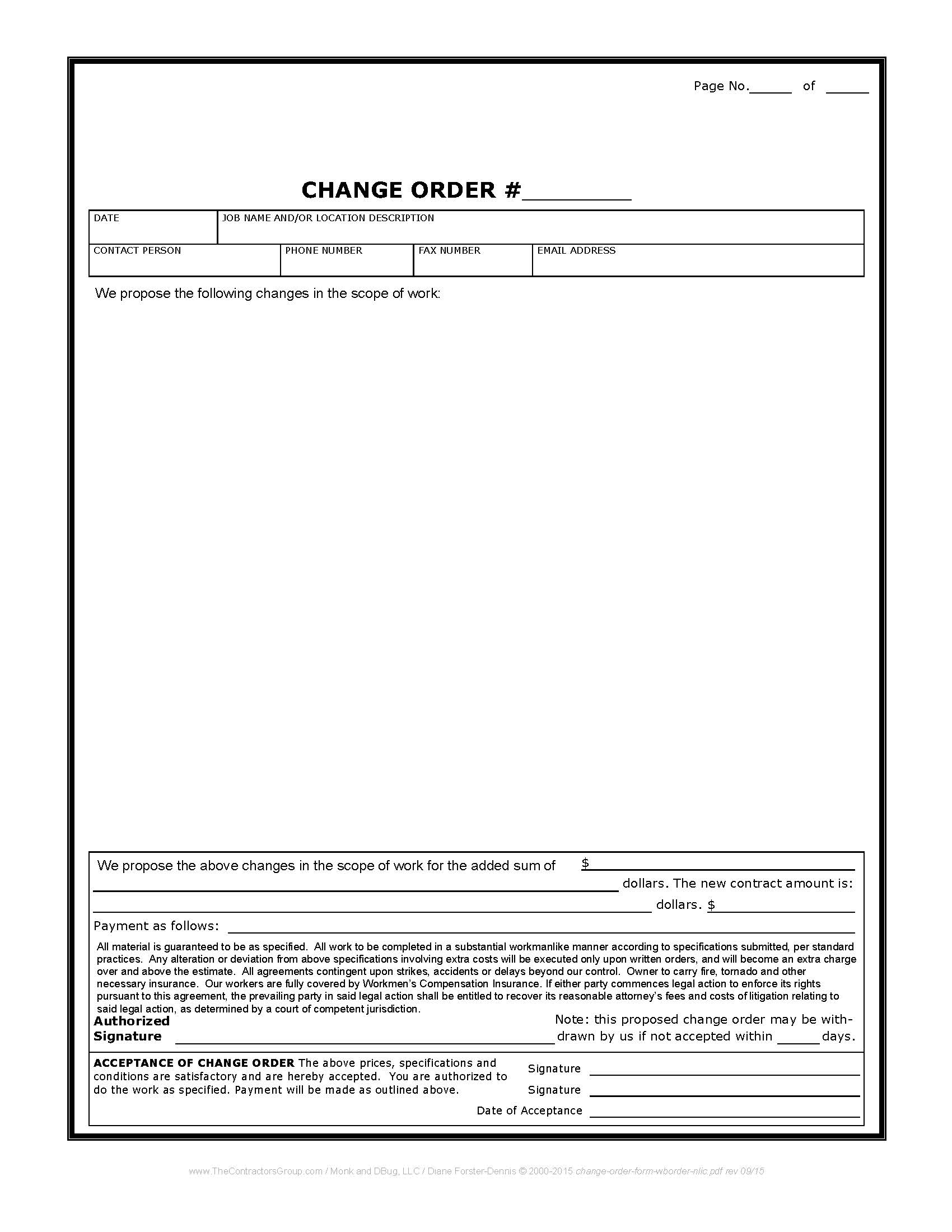

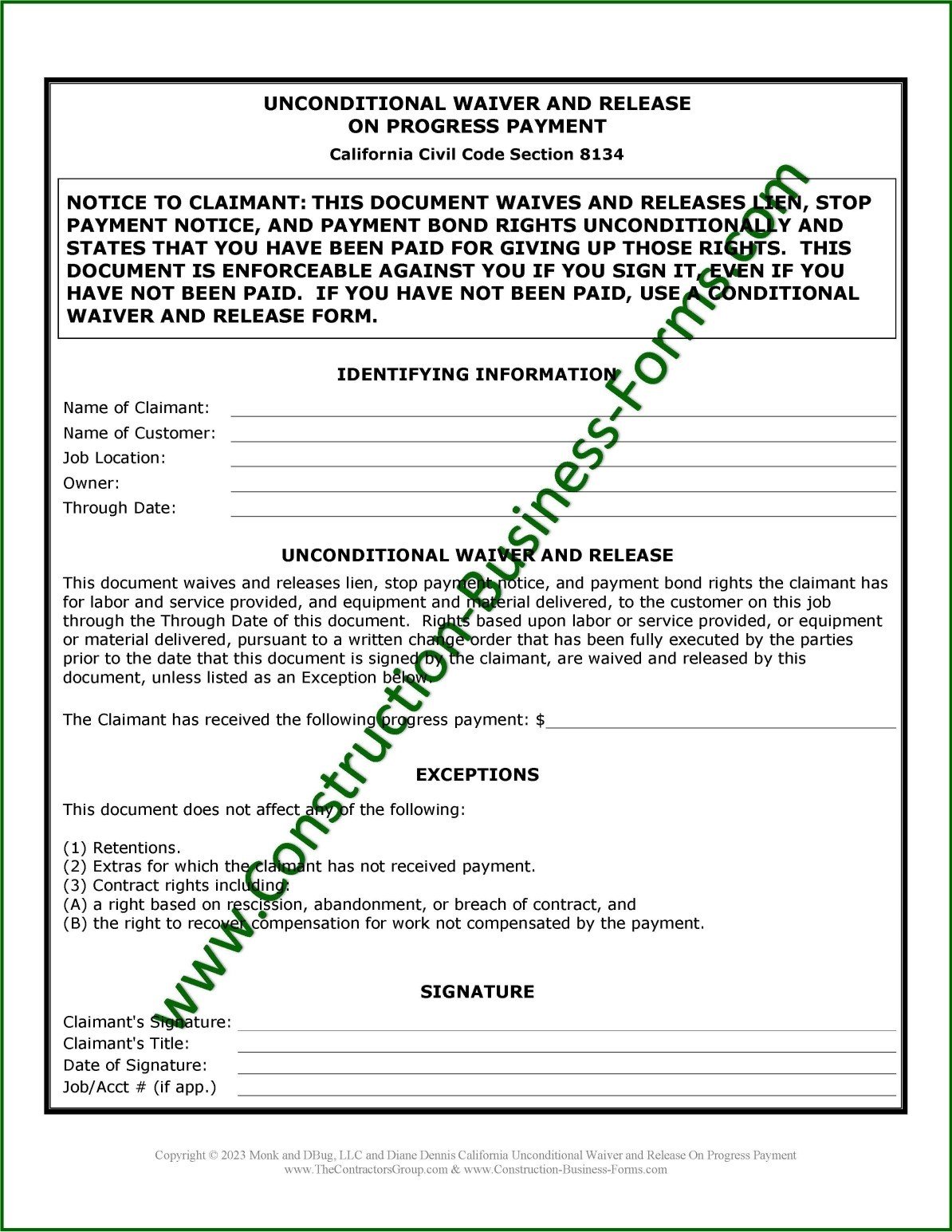
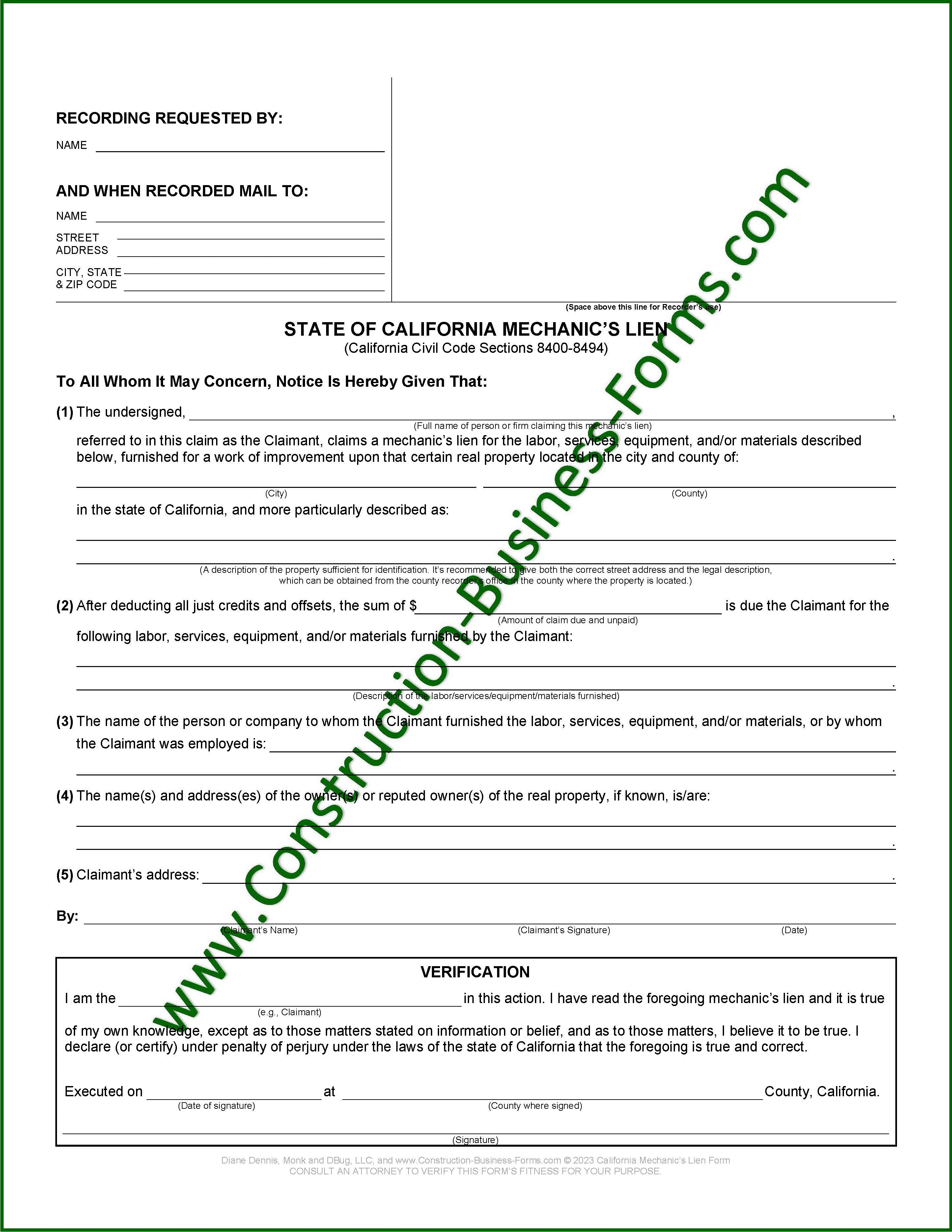



New! Comments
Please leave me your comments below. Facebook doesn't notify me of comments but I'm tickled when I come across them and I always respond when I see them.